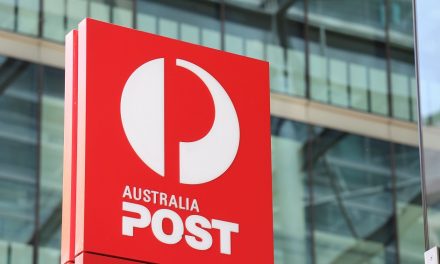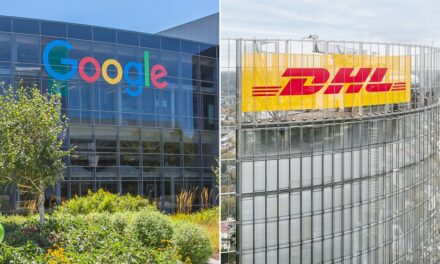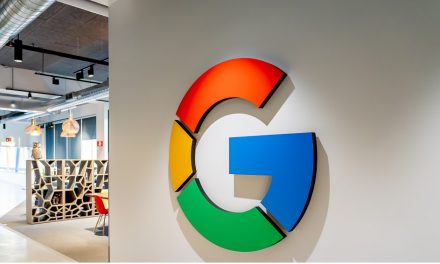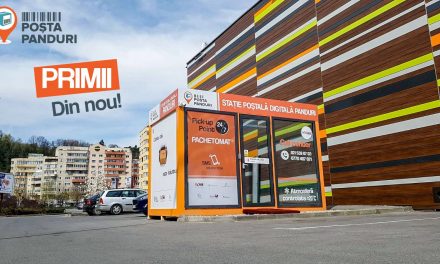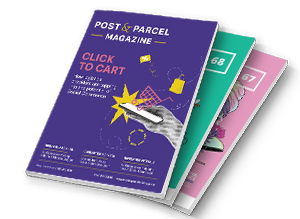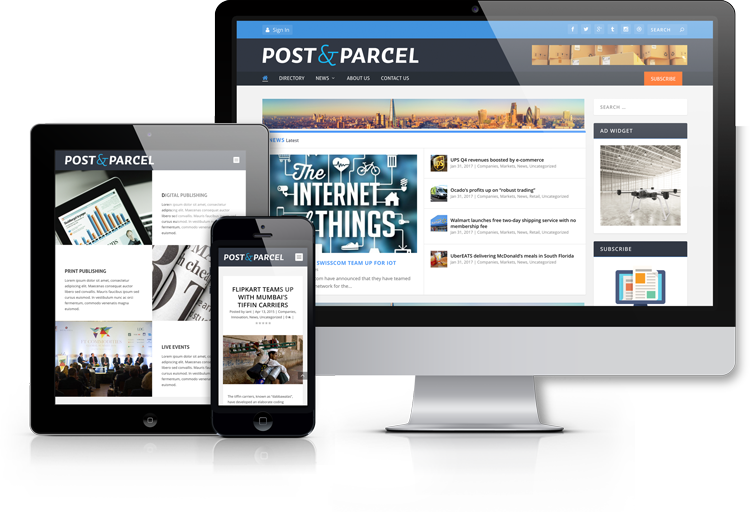
Google acquires Canadian parcel terminal company
Google has expanded into the shipping business, with the acquisition of Canadian parcel collection terminal business BufferBox. BufferBox confirmed the move on Friday, describing the move as an “incredible journey”, just weeks after launching its first network of parcel terminals in North America.
The company was founded in May 2011 to provide automated self-service parcel collection stations, and has received accelerating support from Google’s Y Combinator programme. It is currently based just downstairs from Google’s regional office in Waterloo, Ontario.
The firm launched its first five BufferBoxes in the Greater Toronto and Hamilton area of Ontario back in October, through a contract with local transport firm Metrolinx allowing the terminals to be located within GO stations.
Plans are to expand the network to 21 parcel terminals by the end of 2012, with 100 to be installed by the end of 2013.
On Friday, BufferBox said its team “couldn’t be more excited about the future” after being snapped by by the Silicon Valley-based search engine giant. Google reportedly paid $17m for the company, but did not publicly confirm the amount.
“As online shopping becomes a bigger part of how you buy products, we look forward to playing a part in bringing that experience to the next level,” the company said in a statement.
BufferBox said it would be “business as usual” for its customers as it looked to continue building out the service under its new ownership.
The company says it views transit hubs as particularly “proven” locations for parcel terminals, judging by those seen in Europe.
BufferBox
The BufferBox system sees online shoppers registering for the service, whereupon they can use the address of their nearest BufferBox as a chosen shipping address when buying online.
BufferBox notifies shoppers via an email when their parcel is available for pick-up, providing them with a unique one-time PIN code to use to retrieve their item from the parcel terminal.
Customers have 72 hours to pick up their parcel before it is removed for storage in the BufferBox warehouse, but can then be redelivered if requested within seven days.
The service is currently being offered free for consumers, but is eventually looking to charge $3-$4 per package.
Mike McCauley, the co-founder of BufferBox, said: “We are determined to put an end to the frustration consumers experience when they return home after a long day at work or school to discover a failed delivery notice on their door – or worse – their valuable package left in plain sight on their doorstep.”
Google has been looking to build up its ecommerce business in competition with Amazon, fitting in with the services it already provides to ecommerce merchants, including statistics application Google Analytics and payment application Google Checkout, along with its web advertising business.
Commenting on the acquisition of BufferBox, a spokesperson for the Californian company told Post&Parcel: “We want to remove as much friction as possible from the shopping experience, while helping consumers save time and money, and we think the BufferBox team has a lot of great ideas around how to do that.”
Amazon has already been trying out parcel terminals in Seven-Eleven stores in cities including Seattle, New York and London since last year. Over in Europe, Deutsche Post has been using parcel terminals – called Packstations – across Germany for more than 11 years, while Polish postal operator InPost is currently rolling out 16,000 across the continent over the next few years.
Some 18 months ago Google’s “chief Internet evangelist” Vint Cerf gave a presentation on “What Would Google Do” running the US Postal Service, and he identified the physical delivery network and its potential for ecommerce delivery as a key asset. However, Cerf did not show interest in taking over the role of USPS, which is currently recording annual losses of $16bn.

